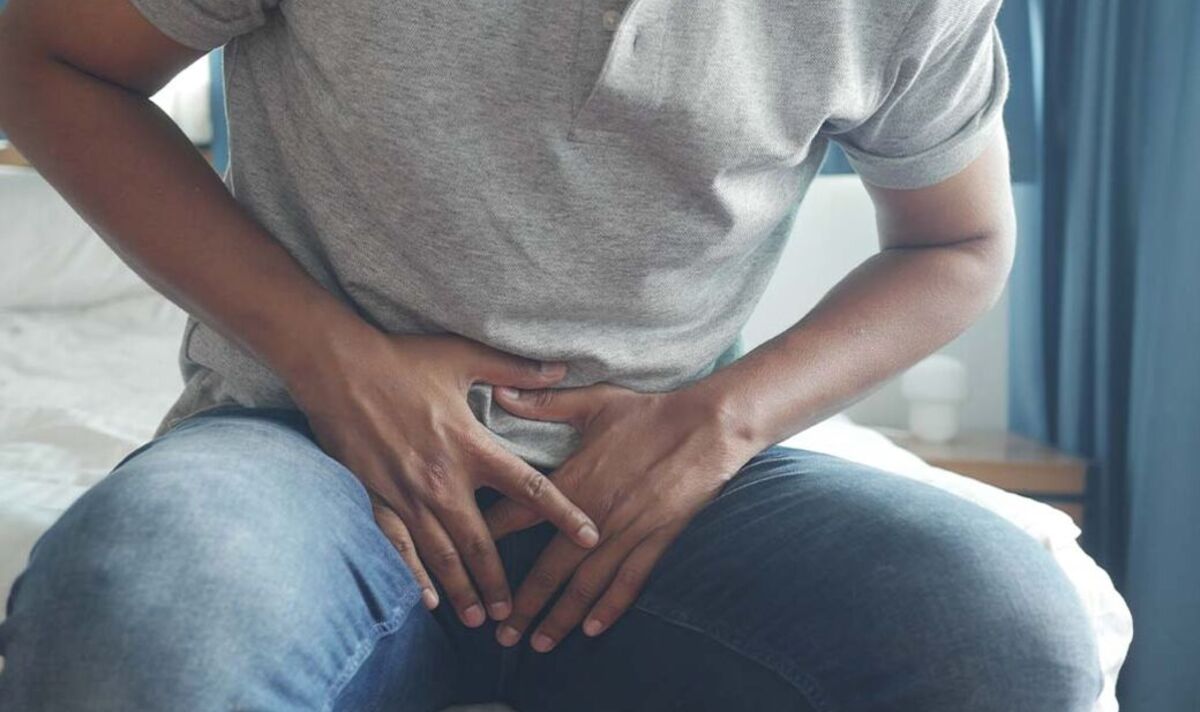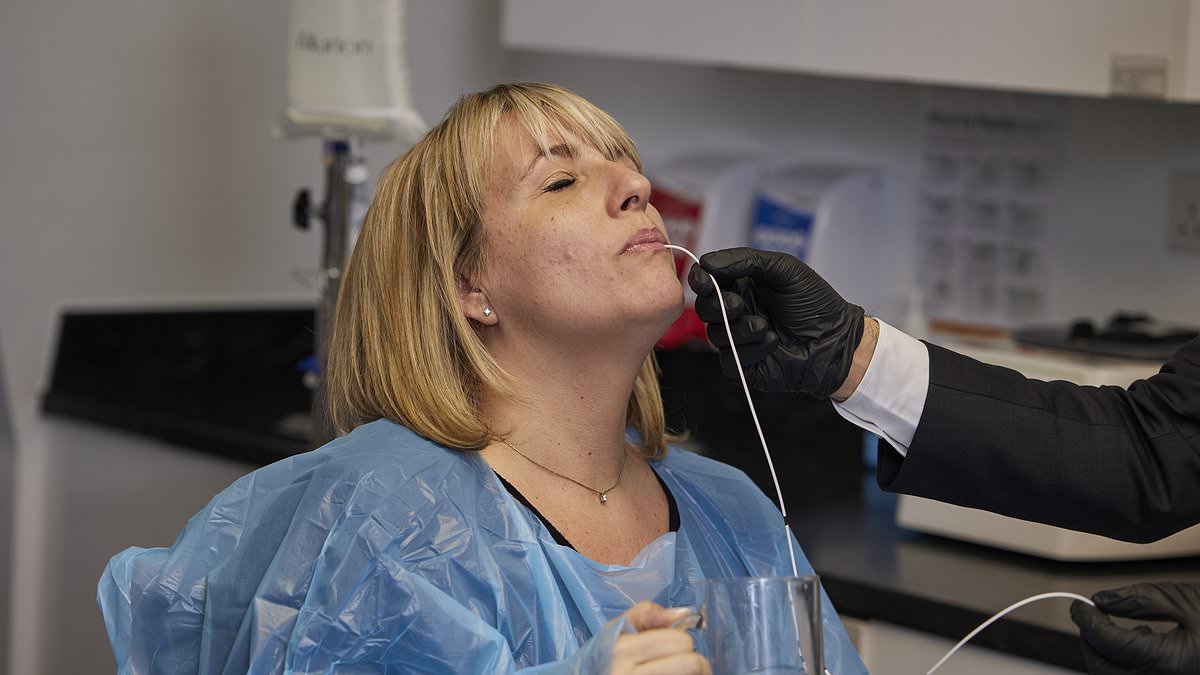A doctor has revealed the red flag signs of an infection, known as a jock itch, which is caused by a fungus.
The uncomfortable problem mainly occurs in adult men and teenage boys, but it’s also more common in overweight people with “deep, moist skin folds”.
Fortunately, Dr James O’Donovan took to his YouTube channel to outline how to target the fungal infection.
Speaking in the video, he said: “Jock itch occurs when a type of fungus grows and spreads in the groin area.
“[It] can be triggered by friction from clothes and prolonged moistness in the groin area, such as from sweating. So if you exercise a lot, then you are more prone to getting it.”
The infection tends to stick to the creases of the upper thigh and it doesn’t involve the scrotum or penis, according to the medical expert.
However, jock itch may spread near your bottom, causing you to potentially feel itching and discomfort in this area.
In terms of other symptoms, Dr O’Donovan shared that you might notice a red, raised scaly patch that may blister or ooze.
He said: “The patches often have sharply defined edges that scale at the edges. You may also notice abnormally dark or light skin.”
Worryingly, the doctor warned that sometimes these skin changes can be permanent.
The good news is that jock itch usually responds to self-care within a couple of weeks.
The “key things” Dr O’Donovan recommended are keeping the skin in the groin area clean and dry.
Furthermore, you should also avoid wearing clothing that rubs and irritates this area. “Try wearing loose-fitting underwear like boxer shorts,” the doctor said.
You should also wash boxers or any other underwear that you use frequently to avoid the moist environment the medical expert mentioned.
Lastly, you can also try over-the-counter anti-fungal or drying powders that can help control the infection.
The doctor explained that a pharmacist can help you pick the medicine that is best for you, but you should reach for products with active ingredients, including miconazole, clotrimazole, and terbinafine.
“If you’re treating this at home with a medicine purchased over-the-counter and it’s not working after two weeks or at least getting better, then you might need to speak to your doctor, especially if it’s severe or frequently returns,” Dr O’Donovan added.










